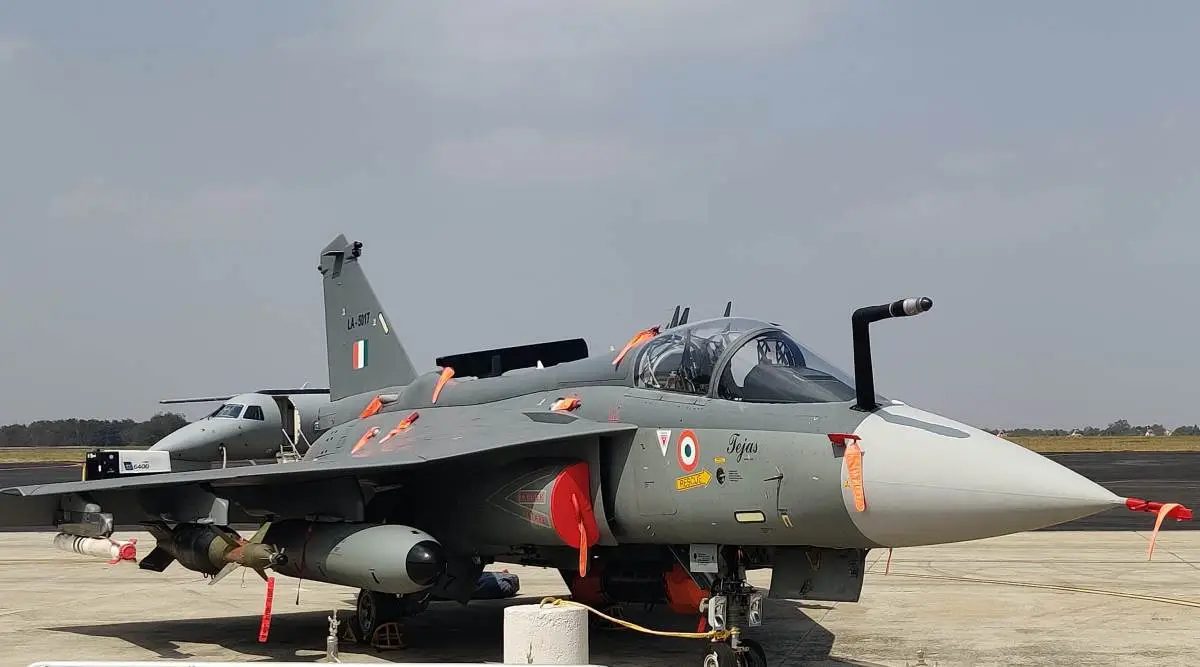Two banks of the River
FULL MEMBER

- Joined
- Apr 19, 2022
- Messages
- 664
- Reaction score
- -2
- Country
- Location
Mk1A has been designed to be specifically placed close to only our western borders , even the two sanctioned GE F404 overhaul and testing centers will be created very near to the western border. The northern most deployment it will ever see might be Leh, but that's it. So range per say is not exactly something that's a big worry.brah its still not good enough......the flights yr saying maybe will be with drop tanks r are in ferry range category. Mean from 1 air base to another. In Combat Air Patrol mission u will need to carry yr full weapons load fly in a hot zone do yr mission and still have enough fuel to return back safely. Thats whats called Combat range. And that what matters for an A/C in air warfare.
With 1 hr internal fuel its combat range is only 500km. Which is not good enough. At best it will only be used as an interceptor that way these Mig21s r also used as interceptors in PAF and IAF for this reason. It wont be able to function has a multirole a/c that it is designed for.
also what do u mean by ''Mk1A was supposed to be a quick fix''? isnt its internal fuel capacity and lack of maneuverability a concern for u guys?
The flight characteristics is something that is continuously improving because the major cause of delay was also the biggest advantage, because the west denied access whole algorithms and flight control computers had to be R&D here. It's all ours only. That means every hour an LCA flies, more data is collected and the software improved. This has already lead to an improvement in Angle of Attack by 1.5 degrees. The Computers have been improved to take control of the aircraft and bring it back into flight envelope.... So hopefully Mig21 like accidents won't happen during its operational service.
Again it's not the world beater, but it will do fine.








